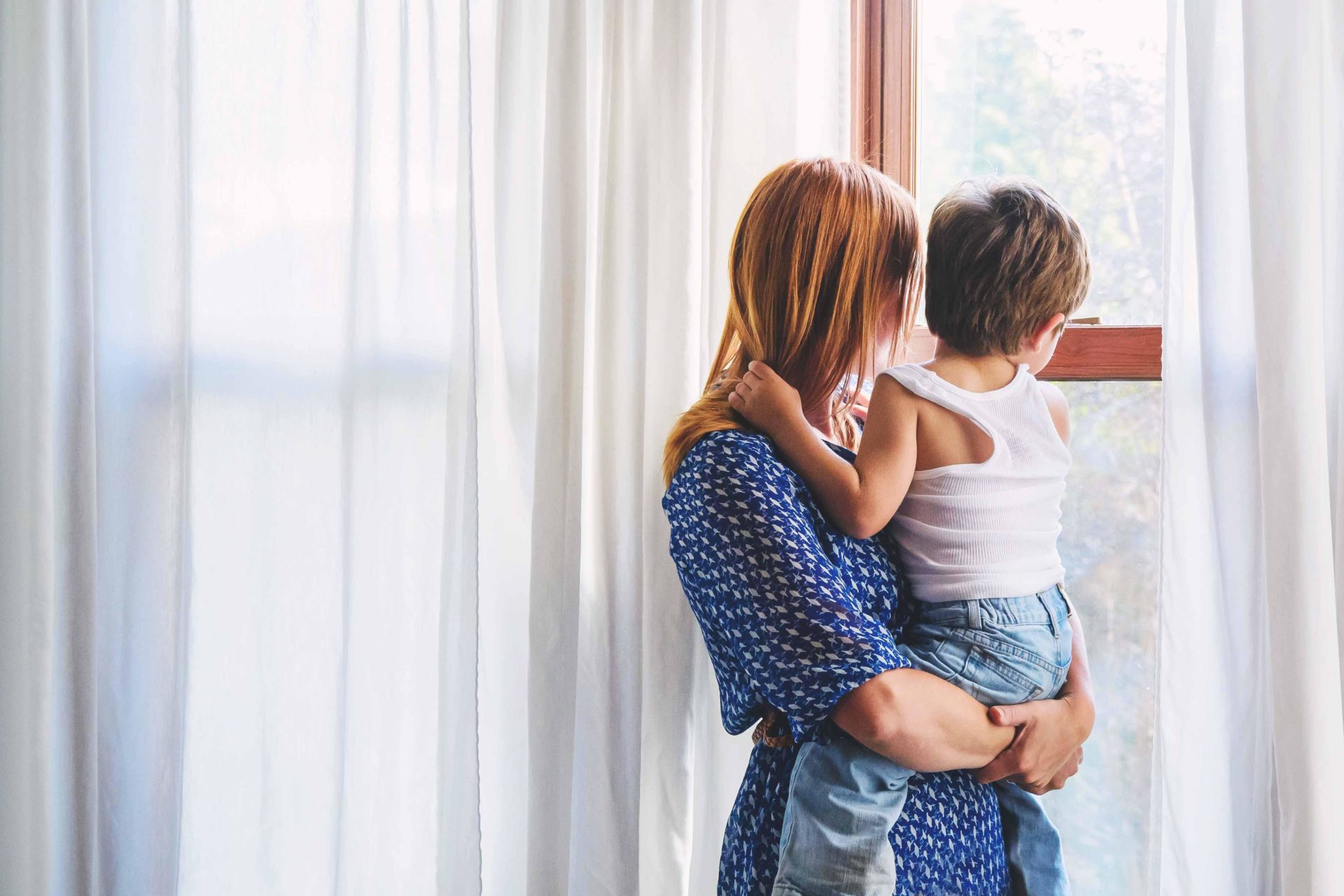Parents who regret having children are “much more common” than many people realise, according to a leading psychologist.

A recent study from Poland found that one in 10 parents regret becoming parents, a finding supported by studies in Germany and the US.
The issue has recently been highlighted by TikTok star Kelley Daring, who has shared hundreds of anonymous stories from women who wish they had never had kids.
On Newstalk Breakfast, psychologist Dr Ann-Marie Creaven said parental regret is much more common than people realise.
“We don't have great data in an Irish context, but if we look at the data from the US, Germany, the UK, and Poland, it seems that about one in 10 parents would say that if they were asked to choose again, they wouldn’t have children,” she said.
“I think that’s quite high because it’s not something we see talked about much in an Irish context.”
@kelleydaring #regretfulparents #childfree #childfreebychoice #regrettingmotherhood ♬ original sound - kelleydaringDr Creaven noted that these feelings can often be stronger for mothers than for fathers.
“Even when dads are great and doing their bit, mothers are still more likely to be the primary caregiver,” she said.
“We have longer maternity leave than paternity leave, so mothers are more immersed in their role on average.
“We’re just beginning to understand a bit more why [regret] comes about for men and women.”
Mother and her son and looking through a window. Image: RooM the Agency / Alamy Stock Photo
The UL psychology professor said expectations of parenthood are linked to regret.
“Research shows that those whose expectations are not met are more likely to regret parenthood than those who have a fairly good idea of what they’re getting into,” she said.
“If you understand that it is going to be all-consuming and that it won’t be happy every day, you’re less likely to experience regret.
“But if you have a fairytale notion, you’re more likely to experience regret.
“It doesn't mean you're selfish, but maybe you didn’t quite know what you were signing up for or for different reasons, it didn’t transpire the way you expected.”
GuiltDr Creaven said it’s a “tricky issue” for affected parents to overcome.
“People who regret their decision often feel very guilty about it and don’t want others to know,” she said.
“They’re also mindful that the child should not know about it; it’s not the child’s fault that the parents made a decision that didn’t transpire as expected.
“Sometimes, the parent can be quite intensively involved with the child, almost to compensate for the regret as best they can, so that it’s not always evident.”
Ireland’s birthrate has plummeted by 20% in the last decade, according to CSO figures.
You can listen back here:




























